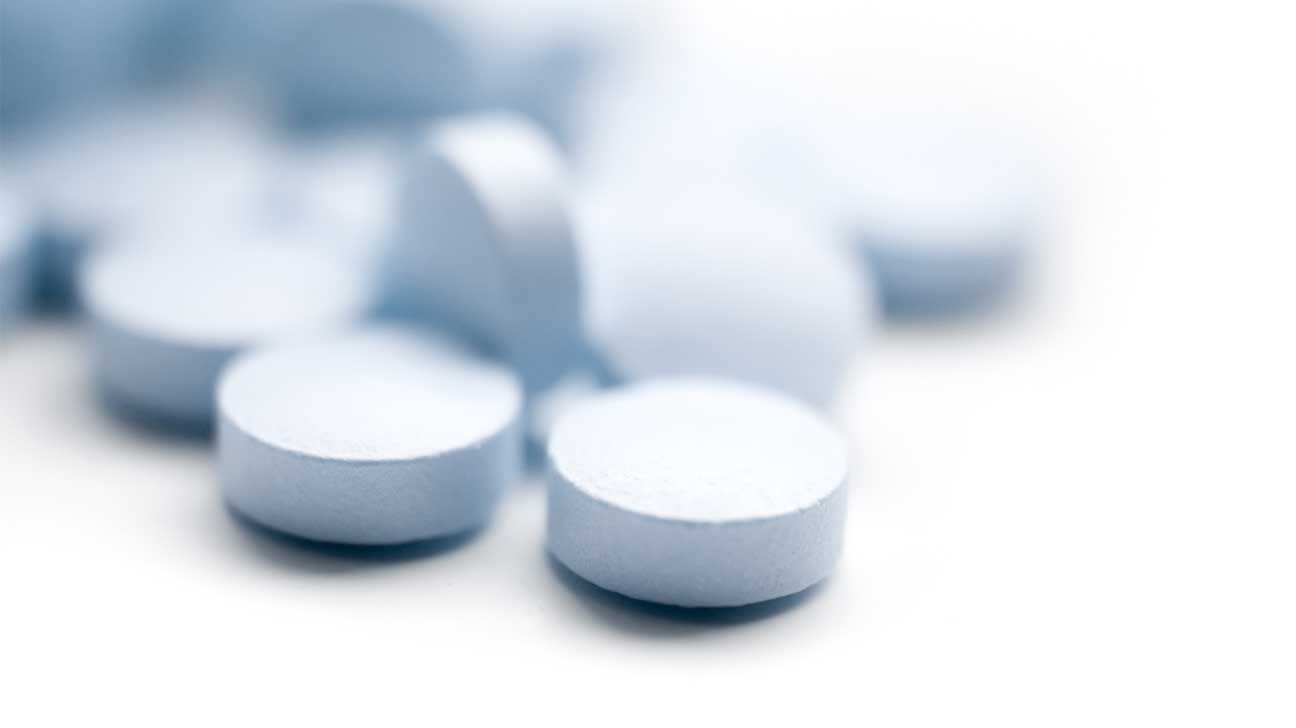
Methocarbamol, also known by the brand name Robaxin, is a muscle relaxant that has a low potential for abuse and addiction when taken as prescribed by a doctor.
Is methocarbamol addictive? Generally not.
However, the risk of Robaxin abuse may be slightly higher in those with a history of painkiller abuse — for instance, a history of abusing prescription opioids or illicit opioids like heroin.
What Is Robaxin Used For?
Robaxin is a muscle relaxant and central nervous system depressant. It can be used to treat muscle spasms, tension, and pain following a muscle injury.
This drug is taken orally by mouth in the form of a 500 mg or 750 mg tablet, three to six times a day, depending on your healthcare provider’s instructions for use.
Robaxin is similar to other common skeletal muscle relaxants, such as carisoprodol (Soma), cyclobenzaprine (Flexeril), and metaxalone (Skelaxin).
Is Robaxin An Opioid?
No. Although Robaxin can help with pain following a muscle injury, it is not used for general pain and it is not classified as an opioid or opiate narcotic.
Robaxin has been used to treat:
- muscle pain
- back pain
- pain from fractures, sprains, or strains
- muscle stiffness
- spasms and seizures in animals
Methocarbamol is typically prescribed in conjunction with physical therapy, rest, and/or other forms of treatment for muscle pain relief or discomfort.
What Are Common Side Effects Of Methocarbamol?
Robaxin can cause certain physical and cognitive side effects when taken as prescribed.
Common side effects of Robaxin can include:
- drowsiness
- dizziness
- lightheadedness
- blurred vision
- headache
- nausea
- skin rash
- fever
- upset stomach
- urine discoloration
- decreased blood pressure
- reduced heart rate
Serious side effects can also occur, including:
- itching
- seizures (more common with a history of epilepsy)
- leukopenia (low white blood cell count)
- confusion
- memory troubles
- jaundice
Experiencing serious side effects when taking Robaxin as prescribed is uncommon. If serious side effects do occur, call your doctor or seek medical attention for a severe issue right away.
Is Robaxin Dangerous?
Robaxin does not carry serious health risks in most people, when it is taken as prescribed by a doctor for a medical condition.
This is why Robaxin is not a controlled substance, such as other dangerous drugs with abuse potential.
However, this drug can have negative drug interactions. People who take this medication with other depressants should exert caution, due to an increased risk of adverse side effects.
Robaxin can negatively interact with:
- prescription painkillers (e.g. opioids)
- cough and cold medications
- barbiturates
- benzodiazepines
- antidepressants
- sleeping pills
- other sedatives or tranquilizers
Drinking alcohol while taking Robaxin, or taking multiple CNS depressants at a time, can increase the risk for adverse effects, including sedation.
This medication can also be risky for older adults. That’s because there is an increased risk of adverse effects if you take Robaxin with other drugs commonly prescribed for those ages 65 and older.
Can You Overdose On Robaxin?
Overdose can occur if you take extremely high doses of Robaxin, or if you mix Robaxin with other CNS depressants, like alcohol or opioids.
Signs of Robaxin overdose might include:
- sedation
- severe drowsiness
- hypotension (low blood pressure)
- weak pulse
- very slow or shallow breathing
- loss of consciousness
- seizures
- coma
Overdose is a serious reaction. If someone you know is showing signs of overdose, call 911 or seek immediate medical attention.
Can Robaxin Cause Chemical Dependence?
Robaxin is not associated with physical dependence or a high risk of addiction.
Unlike opioids, for example, Robaxin does not cause a “high” (euphoria). It is also not known to cause symptoms of withdrawal if you stop taking it.
Signs Of Robaxin Abuse
Although uncommon, Robaxin abuse has been reported in some people with a history of substance abuse, or substance use disorder.
Signs of Robaxin abuse might include:
- crushing and snorting Robaxin
- dissolving Robaxin to inject
- mixing it with other drugs for stronger effects
- mixing Robaxin with alcohol
- taking higher doses than prescribed
- taking doses more frequently than prescribed
- taking it for longer than prescribed
- taking tablets from a family member’s prescription
What Is The Treatment For Robaxin Abuse And Addiction?
A drug addiction treatment program will typically involve a combination of medical and behavioral health treatments, such as group therapy and drug counseling.
Treatment for Robaxin abuse may be offered on an inpatient or outpatient level, depending on your overall health status and the severity of your substance use problem.
Mental health treatment and other treatments for physical health conditions, such as chronic pain, may also be offered within a drug abuse rehab program.
Find Help For Prescription Drug Abuse And Addiction
Our team of specialists at AddictionResource.net work to connect people with substance use disorder to high-quality treatment options for addiction every day.
If you or a loved one is facing drug abuse, we may be able to help. Call our helpline today to learn more or to find a rehab center that offers treatment for Robaxin abuse near you.
Addiction Resource aims to provide only the most current, accurate information in regards to addiction and addiction treatment, which means we only reference the most credible sources available.
These include peer-reviewed journals, government entities and academic institutions, and leaders in addiction healthcare and advocacy. Learn more about how we safeguard our content by viewing our editorial policy.
- U.S. Food and Drug Administration (FDA) — robaxin® (methocarbamol tablets, USP)
https://www.accessdata.fda.gov/drugsatfda_docs/label/2003/011011Orig1s070s071lbl.pdf - U.S. National Library of Medicine: MedlinePlus — Methocarbamol
https://medlineplus.gov/druginfo/meds/a682579.html - U.S. National Library of Medicine: NCBI Bookshelf — Methocarbamol - StatPearls
https://www.ncbi.nlm.nih.gov/books/NBK565868/ - U.S. National Library of Medicine: PubMed — Evaluation of the abuse potential of methocarbamol
https://pubmed.ncbi.nlm.nih.gov/2703967/


